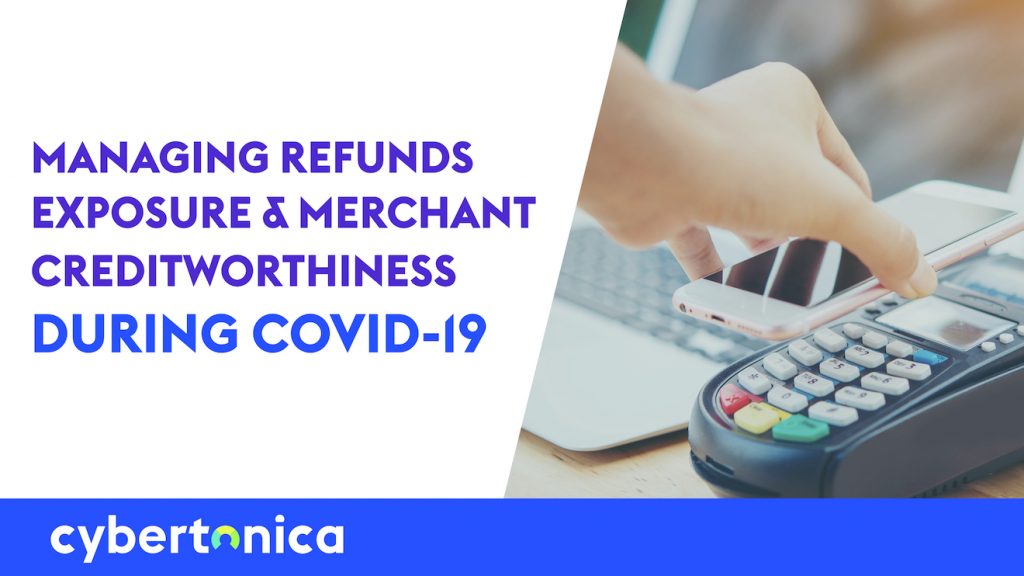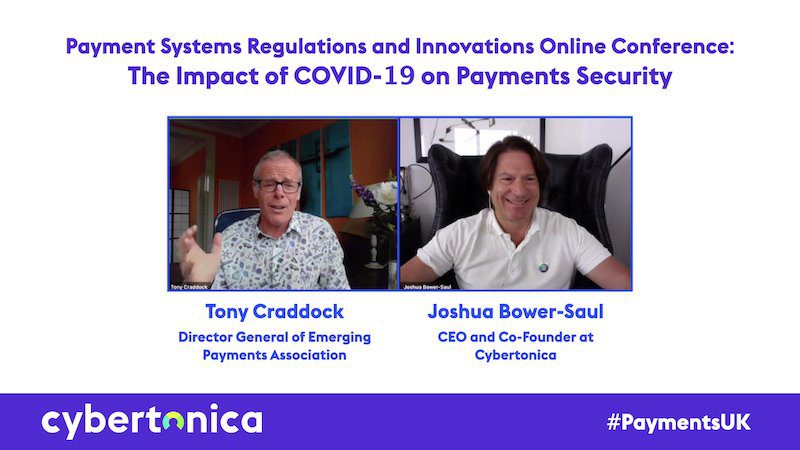
Psycho-hacking: Human Vulnerabilities
Information gathering
Establish a bond with the victim
Exploit the bond
– It’s hard for us to say “no”
– We are trusting
– We like to be taken into consideration
– We are empathetic

Information gathering
Establish a bond with the victim
Exploit the bond
– It’s hard for us to say “no”
– We are trusting
– We like to be taken into consideration
– We are empathetic

Why do we need continuous authentication?
Current ID checks not stringent enough
What is continuous authentication?
A frictionless user experience
Continuous authentication: dynamic fraud prevention that leaves the user uninterrupted

Fraudsters have the upper hand
How to break the cycle

At Cybertonica we Trust in Transaction. We make systems to make trust and frictionless commerce safe and secure for businesses and consumers. We know that outdated rules and operations occasionally introduce almost Kafka-like situations and thought it would help us to see the end customer and merchant point of view.
So we decided to collect stories from the people in our network and customers as well as their clients telling us how their e-commerce is going in this period – both the nightmares and the nice surprises.
We asked them to tell us about their online shopping experiences during the lockdown to paint a vivid picture for the merchants. From surprise champagne deliveries to account takeovers, we have some good stories lined up for you!

– Banking in Latin America
– Effect of Covid-19 on Latin American banking
– Key risks of bancarization in Latin America

– How does SIM swapping work?
– SIM swappers struck – what next?
– The role of the bank in stopping SIM swapping fraud
– Behavioral biometrics analysis overcomes the failings of two-factor authentication
– Profiling cybercriminals, one simjacker at a time

– How unauthorized fraudsters use compromised customer data and phishing techniques to attack online banking platforms
– Leverage behavioral biometrics and AI to make real-time decisions
– Assess the risk of entities holistically, not only relying on PII

COVID-19 continues to spread rapidly and the economic crisis escalates globally every day in the face of the pandemic. The humanitarian cost and stress on health systems and infrastructure induces fear and uncertainty, affecting lives and livelihoods on a daily basis. One area of great significance is the threat of illiquidity among partners and cashflow crises that damage or destroy once stable businesses. Cybertonica is building a new feature for Acquirers that predicts cash flow impacts and liquidity problems Merchants may face so that the payments operator can react appropriately, maybe vary conditions or seek to terminate a relationship if there is a risk of bankruptcy or fraud.

Cybertonica CEO and Co-Founder Joshua Bower-Saul along with Tony Craddock of The Payments Association discussed the Impact of COVID-19 on Payments Security at Payment Systems Regulation and Innovation Online Conference on June 4th, 2020.
Hosted by City & Financial Global, Payment Systems Regulation and Innovation Online Conference focused on all aspects of payments innovations, including regulatory framework, in the context of the new challenges brought on by the current global crisis.
Issues covered in the event include:
– Reducing the risk of fraud and cyber risk with and within the next generation of payments security
– Shaping and re-shaping the payment industry: privacy, data access and regulatory considerations

Online crime gangs have used the coronavirus pandemic to scam consumers and businesses across the globe. So, this blog examines 4 key types of Covid19-related fraud to help keep you and your business safe.
The Payments Association
St Clement’s House
27 Clements Lane
London EC4N 7AE
© Copyright 2024 The Payments Association. All Rights Reserved. The Payments Association is the trading name of Emerging Payments Ventures Limited.
Emerging Ventures Limited t/a The Payments Association; Registered in England and Wales, Company Number 06672728; VAT no. 938829859; Registered office address St. Clement’s House, 27 Clements Lane, London, England, EC4N 7AE.








Log in to access complimentary passes or discounts and access exclusive content as part of your membership. An auto-login link will be sent directly to your email.
We use an auto-login link to ensure optimum security for your members hub. Simply enter your professional work e-mail address into the input area and you’ll receive a link to directly access your account.
Instead of using passwords, we e-mail you a link to log in to the site. This allows us to automatically verify you and apply member benefits based on your e-mail domain name.
Please click the button below which relates to the issue you’re having.
Sometimes our e-mails end up in spam. Make sure to check your spam folder for e-mails from The Payments Association
Most modern e-mail clients now separate e-mails into different tabs. For example, Outlook has an “Other” tab, and Gmail has tabs for different types of e-mails, such as promotional.
For security reasons the link will expire after 60 minutes. Try submitting the login form again and wait a few seconds for the e-mail to arrive.
The link will only work one time – once it’s been clicked, the link won’t log you in again. Instead, you’ll need to go back to the login screen and generate a new link.
Make sure you’re clicking the link on the most recent e-mail that’s been sent to you. We recommend deleting the e-mail once you’ve clicked the link.
Some security systems will automatically click on links in e-mails to check for phishing, malware, viruses and other malicious threats. If these have been clicked, it won’t work when you try to click on the link.
For security reasons, e-mail address changes can only be complete by your Member Engagement Manager. Please contact the team directly for further help.